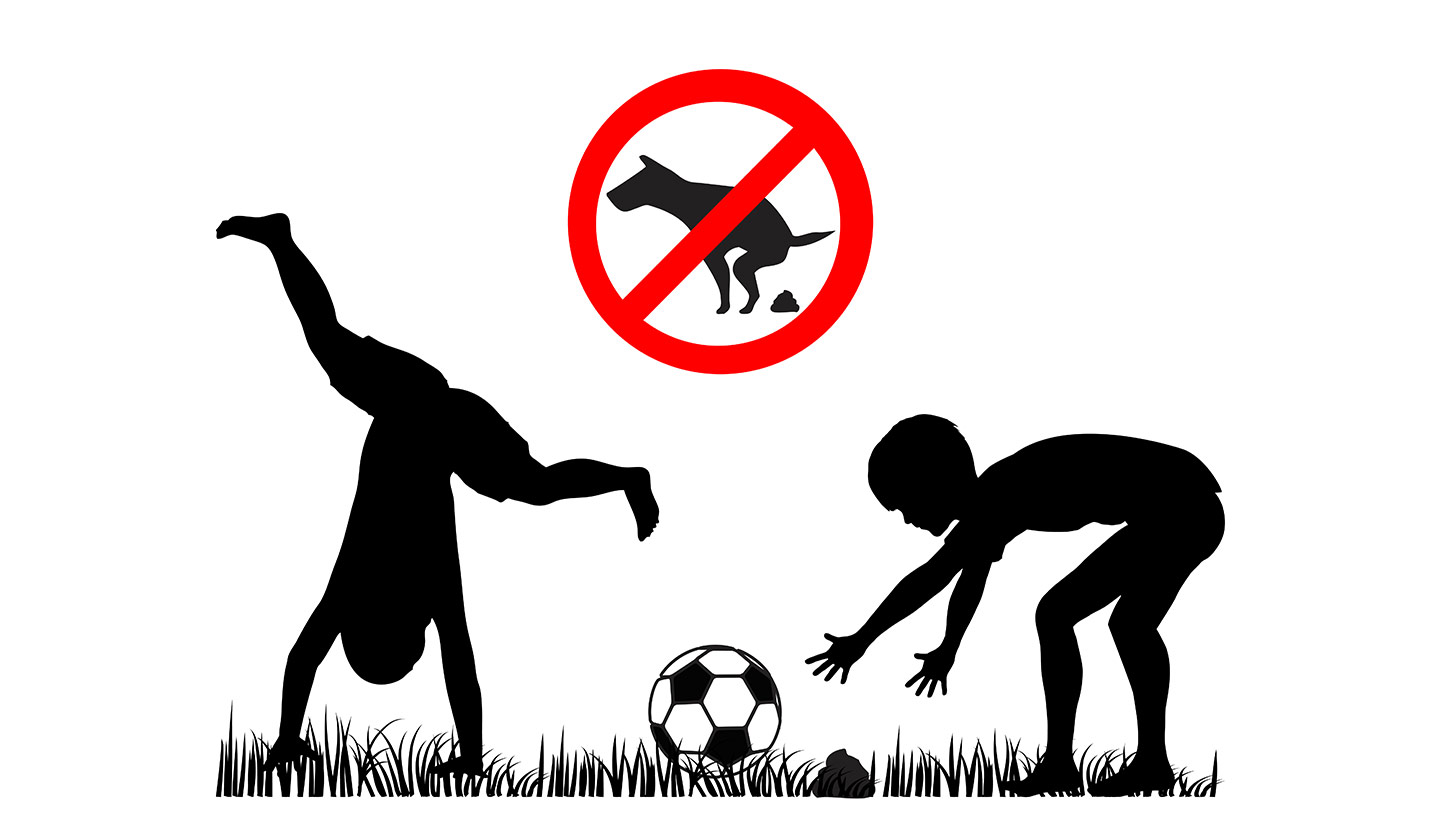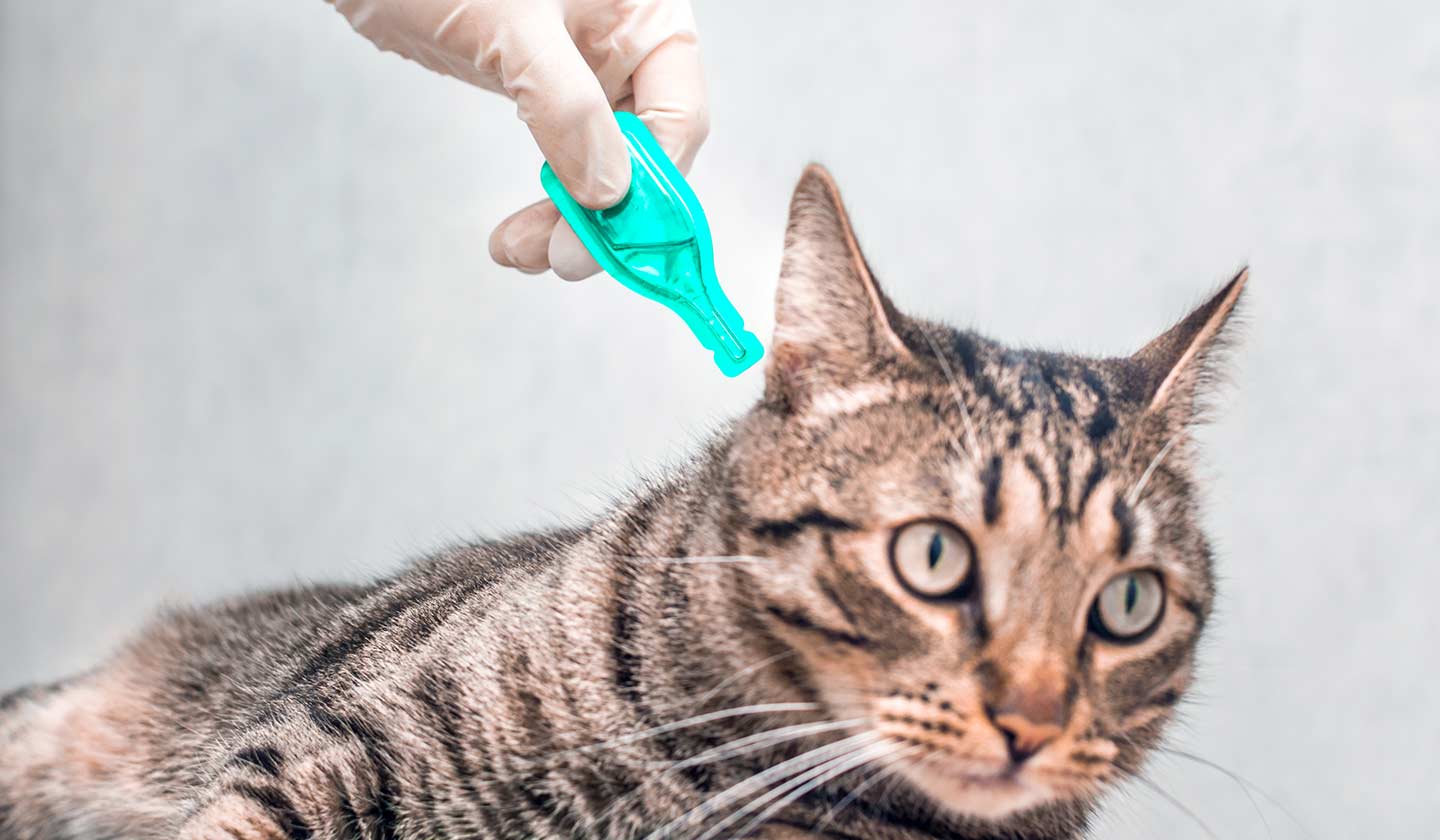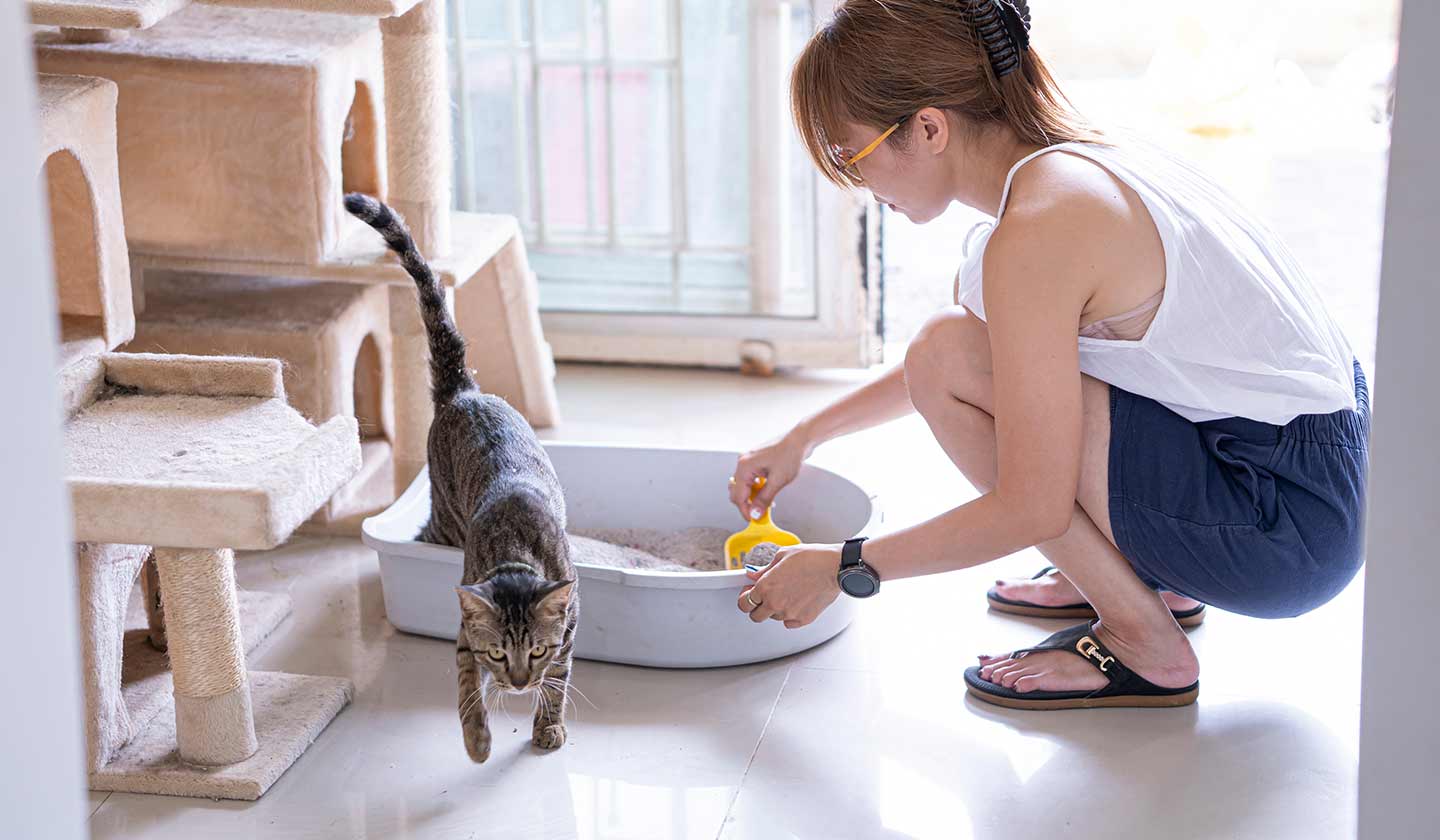Veterinary
Pets - Internal Parasites

Dogs and cats are much more than pets, they are often considered members of the family and should be kept healthy.
Internal parasites (endoparasites), affect the intestinal organs of the animal in which they lodge.

Transmission
It occurs through direct or indirect contact, with the animal's waste (urine and faeces), saliva, skin or external coating (hair or feathers).
Symptoms
The main ones are:
- Diarrhoea
- Weakness
- Dull coat
- Apathy
- Vomiting
- Coughing
- Loss of appetite and weight
- Blood in the stools

Deworming
In young animals deworming should occur from 6 weeks of age, every 15 days until 3 months, because some parasites are transmitted by the mother or breast milk.
In adult animals the frequency of deworming is individualised and taking into account the following factors:
- Age and physiological state of the animal (e.g. pregnancy and lactation)
- Type of food (e.g. canned food, feed or leftovers)
- Environment (outdoor or indoor)
- Lifestyle (e.g. hunting, keeping, house)
Internal dewormers are available as tablets or oral paste. The choice of dose varies according to the animal's weight and age.

Environmental control
Measures should be adopted to eradicate the parasites from the environment as much as possible and avoid re-infestation:
- Consult the veterinarian, taking into account the parasite cycle and vaccination;
- Feed the animal with cooked food, do not let it eat leftovers from the rubbish and raw meat;
- Establish good habits of personal hygiene, of the animal and of the house;
- Avoid playing in parks frequented by dogs or in open sand boxes;
- Clean the space reserved for the animal frequently, in the case of cats change the litter box daily;
- Avoid contact of children, pregnant women, elderly and immunosuppressed with environments contaminated by animal feces;
- Wash your hands after contact with animals and wear gloves when cleaning your home
Consult your pharmacist and find out about the ways internal parasites can be transmitted and the preventive measures to be adopted to maintain the health of your family and your pet.
Sources
canaldopet
barkyn






